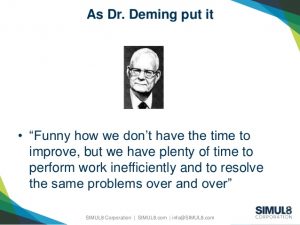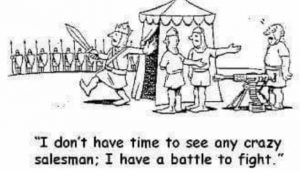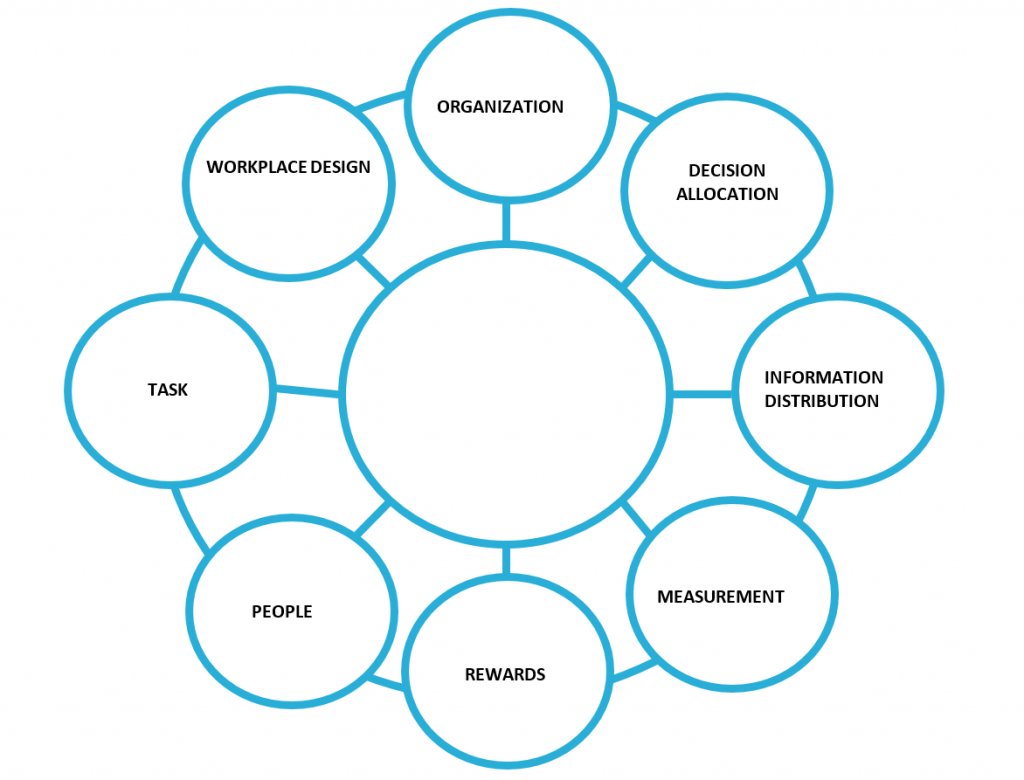This semester I’m taking a variety of classes outside of my major, particularly in the humanities department. As I’ve gone through each semester prior to this one I’ve always had a reason for why I was too busy for my humanities courses, and why future me would have more time than the current me. Well, here I am in my final semester, about to graduate and taking four humanity classes. Each day I laugh a little when reflecting on the fact that I thought that future me (now present me) would love it if all of those time consuming classes were in a single semester. Let me tell you I’m not loving it. So what happened? I fell into the lie that we all tell ourselves, I don’t have time. What we’re really saying is I don’t have time right now, but I will later. Then later becomes even later and later until we’re in a position that we can’t progress from any further unless later becomes now. This strategy usually, ends up hurting the future us more than implementing bits and pieces at a time would in the NOW. Believe me, I WISH I had taken my humanities in a more dispersed fashion, because now I really don’t have time, but I also don’t have an option. I did it to myself.
In my time working with the Office of Continuous Improvement, I’ve had the privilege of coordinating many kaizen events and working with a vast amount of people across the Michigan Tech community, and nearly all of them are enthusiastic when we set out to find areas of improvement and implement change. Less frequently, however, I encounter some individuals or departments who are not so enthusiastic, in fact they often are resistant to the idea of a kaizen because they know it leads to improvements. The most common excuse I hear from those resisting the idea of improvement is, “I wish we could, but I just don’t have time.” Some people will add (as if to let me down gently), “but maybe I will later.”
There’s many comic strips and people in the world who have talked about this topic, and many have shared thought provoking insights, like the ones pictured below.
Instead of reiterating what those before me have done already let’s look at the I don’t have time lie in a different way, what do you do when someone give you this excuse?
One of the classes that I’m taking this semester is Organizational Behavior and in my short time this semester I’m already seeing how invaluable the information is that I’m getting. One particular lesson that has been standing out to me was our lesson on Resistance (Goltz 2019). First, where is resistance rooted? It is rooted in five key areas:
- Fear of uncertainty
- Habits, group norms such as the pressure not to change
- When it upsets the power dynamics
- Individual predisposition to change
- Not enough work systems have changed
Let’s highlight the last two areas, Individual Predisposition to change and Not enough work systems have changed.
In regards to Individual Predisposition, there are five types of “Adopters.”
- The Innovator who readily tries new ideas
- The Early Adopter who adopts innovation readily but watches the innovators experiment first – cautious
- The Early Majority who are known as the distant watchers, they will adopt after careful observation and thought
- The Late Majority who are skeptical but are subject to broad peer pressure. These people are good to have on any team as they slow the thinking down to ensure changes aren’t being made just to make change.
- The Resister who rejects most innovations regardless of success stories
There are eight work systems, but five must be altered for a change to be successful as it ensures the environment is able to support the changes. The eight work systems are:
- Information Distribution – Communication Strategies
- Organization/Department – Culture and Structure
- Workplace Design – Physical Environment
- Task Redesign – e.g., Prioritize Tasks consistent with change
- Decision Allocation – e.g., Budgeting and other Resources
- People – Use their knowledge and different personalities (e.g., Selection, Training)
- Measurement – Pilot Test doing the new behavior
- Rewards – For the new behavior
An Organization or a group can’t just say, “We’re going to make changes,” they first must make the necessary shifts to support and enable the changes. It’s important to always consider whether the environment allows for the change before implementation occurs, if not make adjustments. You can do this by building your improvement team up with individuals from each of the adopter types to ensure that you’re getting validating all different perspectives and concerns. Change takes time because its new territory to navigate, implement or sometimes even learn, but change is necessary for anybody to keep moving forward towards perfection.
Sources:
https://www.google.com/search?rlz=1C1GGRV_enUS751US751&biw=1280&bih=922&tbm=isch&sa=1&ei=EbZQXN3rDsPejwSIl6TgAg&q=I+don%27t+have+time+to+improve&oq=I+don%27t+have+time+to+improve&gs_l=img.3…2377.4616..5112…0.0..1.208.827.10j0j1….2..1….1..gws-wiz-img…….0j0i8i30.hYkeV3GuLDk#imgrc=rlh3u0hf2XxJwM:
https://www.google.com/search?rlz=1C1GGRV_enUS751US751&biw=1280&bih=922&tbm=isch&sa=1&ei=EbZQXN3rDsPejwSIl6TgAg&q=I+don%27t+have+time+to+improve&oq=I+don%27t+have+time+to+improve&gs_l=img.3…2377.4616..5112…0.0..1.208.827.10j0j1….2..1….1..gws-wiz-img…….0j0i8i30.hYkeV3GuLDk#imgrc=BDOp0N1Tr6neGM:
https://www.google.com/search?rlz=1C1GGRV_enUS751US751&biw=1280&bih=922&tbm=isch&sa=1&ei=EbZQXN3rDsPejwSIl6TgAg&q=I+don%27t+have+time+to+improve&oq=I+don%27t+have+time+to+improve&gs_l=img.3…2377.4616..5112…0.0..1.208.827.10j0j1….2..1….1..gws-wiz-img…….0j0i8i30.hYkeV3GuLDk#imgrc=SQY5N50lVai5vM:
S. Goltz PhD. 2019. MGT3000, Organizational Behavior. Michigan Technological University.



